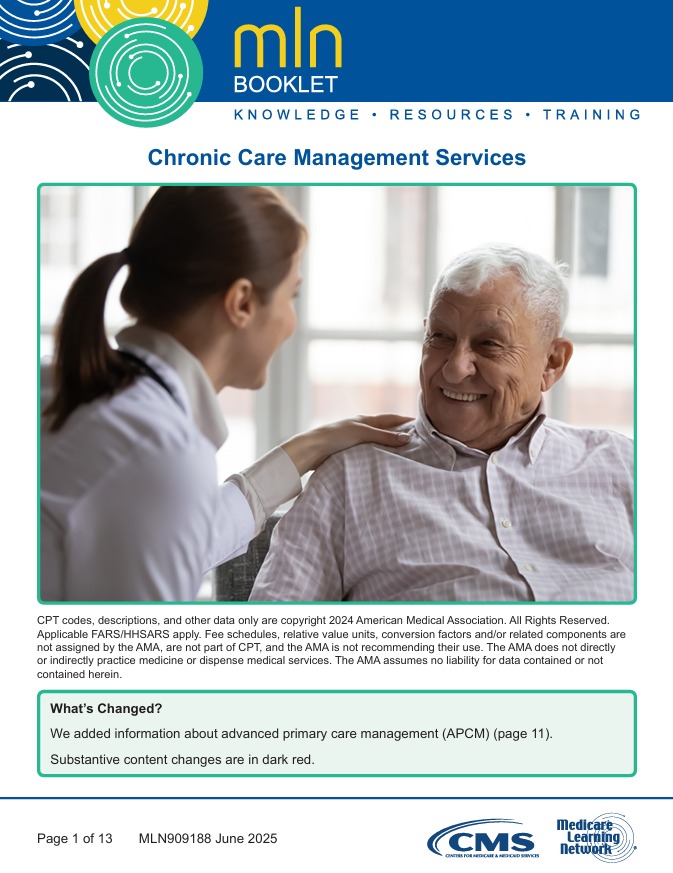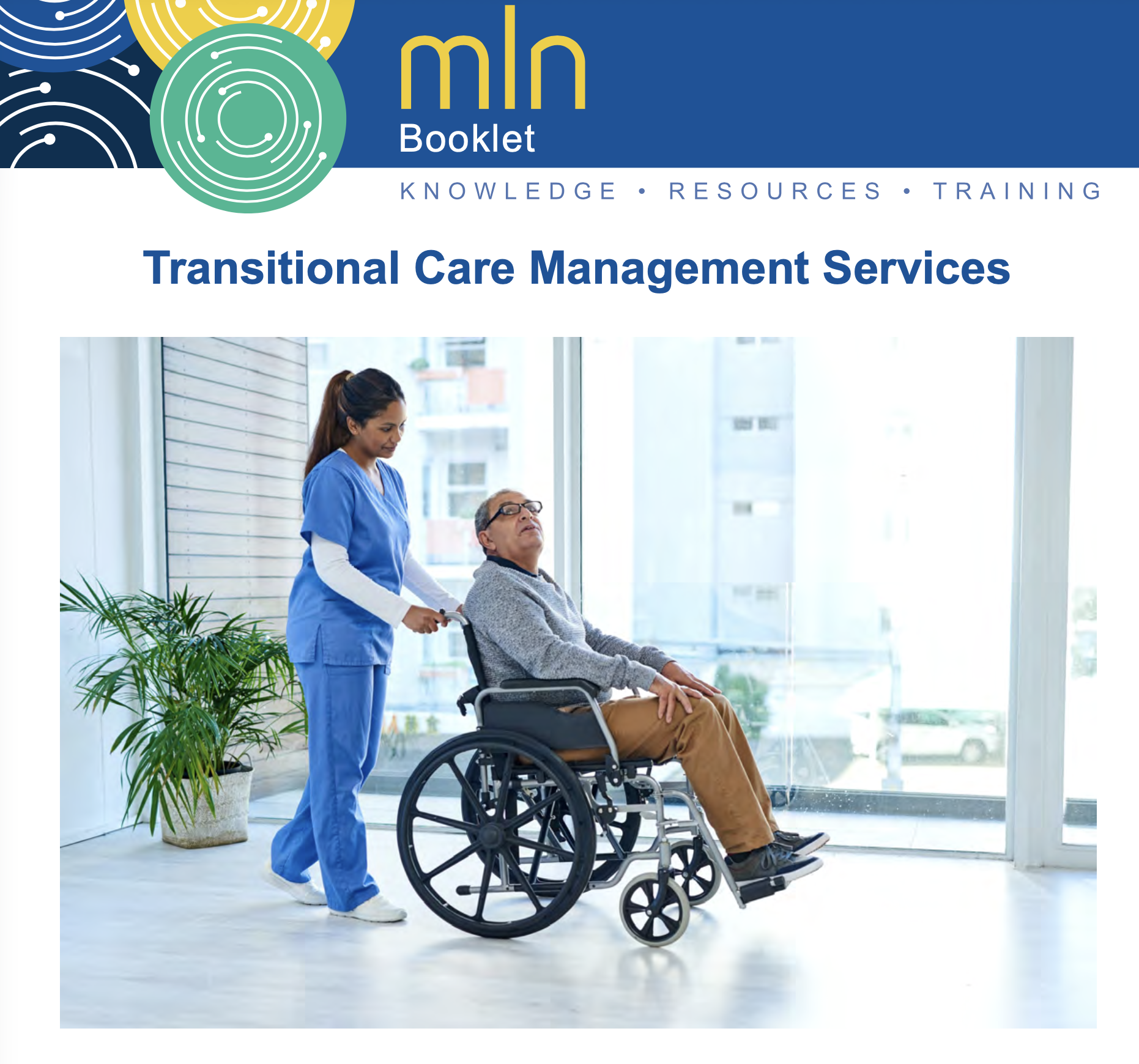To offset rising costs, healthcare providers are empowering patients to play a more active role in monitoring their own health.
Remote Patient Monitoring (RPM) promotes vital tracking, early detection, and prevention of disease.
Currently, 57% of healthcare provider organizations already use RPM to monitor patients’ vital signs at home. And, by 2024, it’s estimated that 75% of US medical practices will use RPM services.
Source: Sage Growth Partners survey January 2022








